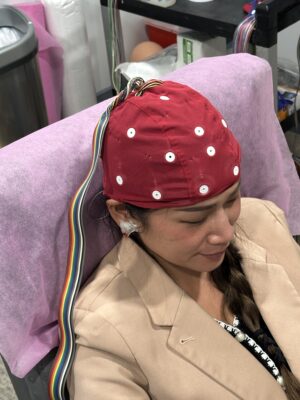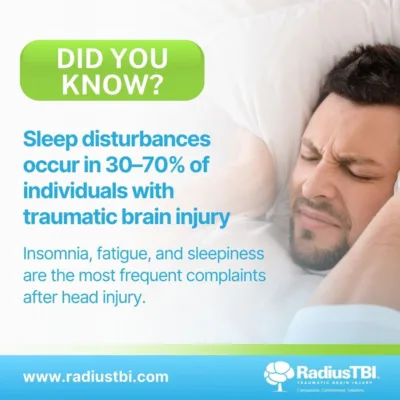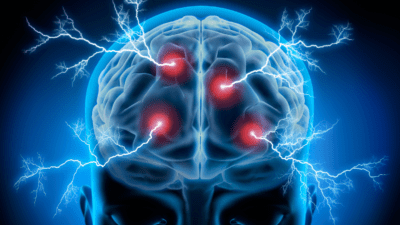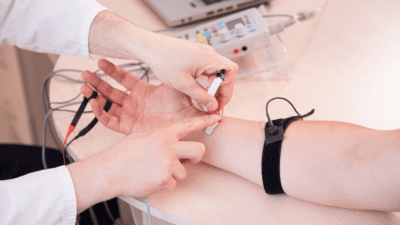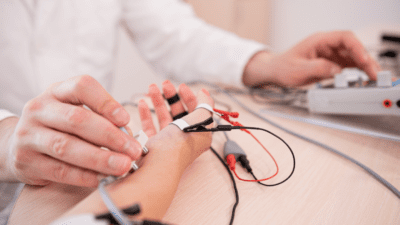What therapies are available for individuals with neurological disorders resulting from head trauma?
Neurological disorders encompass a broad range of conditions that affect the central nervous system, which includes the brain, spinal cord, and nerves. These disorders can result from various factors, such as genetics, infections, injuries, autoimmune responses, or environmental influences. They often manifest as disruptions in the normal functioning of the nervous system, leading to a wide array of symptoms and challenges for individuals affected by them.
What are some of the common neurological disorders?
Neurological disorders, including mobility, sensory perception, cognition, behavior, and emotional well-being, can impact a person's life. Some common neurological disorders include:
- Alzheimer’s disease: A progressive neurodegenerative disorder characterized by memory loss, cognitive decline, and changes in behavior and personality.
- Parkinson’s disease: A chronic and progressive disorder that affects movement, causing tremors, stiffness, and difficulty with balance and coordination.
- Multiple sclerosis (MS): An autoimmune disease that affects the protective covering of nerve fibers, leading to communication problems between the brain and the rest of the body. MS can cause many symptoms, including fatigue, muscle weakness, balance issues, and cognitive difficulties.
- Epilepsy: A disorder characterized by recurring seizures resulting from abnormal electrical activity in the brain.
- Stroke: A sudden interruption of blood flow to the brain, causing damage and often leading to physical and cognitive impairments.
- Amyotrophic lateral sclerosis (ALS): A progressive neurodegenerative disease that affects nerve cells responsible for controlling voluntary muscle movement. It can lead to muscle weakness, loss of coordination, and eventually, difficulties with speaking, swallowing, and breathing.
- Huntington’s disease: An inherited genetic disorder that causes the progressive breakdown of nerve cells in the brain, leading to movement disorders, cognitive decline, and psychiatric symptoms.
The Impact of Head Trauma: How Neurological Disorders Can Arise
Head trauma, such as Traumatic Brain Injury (TBI), can result in significant neurological changes.
Depending on the severity and location of the injury, various cognitive functions, motor skills, sensory perception, and emotional regulation can be affected. Common post-traumatic symptoms include memory difficulties, attention deficits, impaired executive functioning, mood disturbances, headaches, balance problems, and visual disturbances.
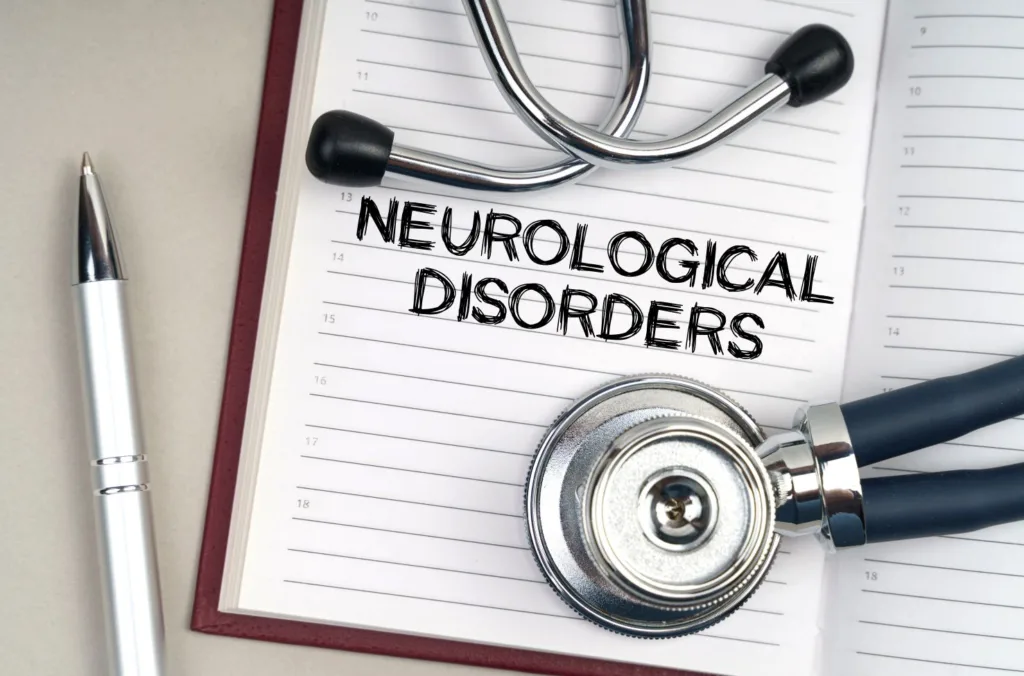
Expert Neurologists, Neuropsychologists, and Neuro-Ophthalmologists for Neurological Disorders
They specialize in diagnosing and managing conditions that affect the nervous system. Neurologists at Radius TBI utilize their expertise to assess the neurological impact of head trauma, order relevant diagnostic tests, and develop tailored treatment plans to address each patient’s specific needs. They may prescribe medications, recommend rehabilitation therapies, and provide ongoing monitoring to optimize recovery and symptom management.
Managing Neurological Disorders after Head Trauma: Radius TBI's Specialized Approach
Through comprehensive neuropsychological evaluations, they assess the individual’s cognitive functioning, identify areas of impairment, and develop targeted interventions. Neuropsychologists at Radius TBI play a vital role in understanding the mental consequences of head trauma and guiding rehabilitation efforts, such as cognitive training and psychotherapy, to enhance cognitive functioning and emotional well-being.
Improving Quality of Life: Radius TBI's Multidisciplinary Care for Neurological Disorders
After head trauma, visual disturbances can occur, affecting various aspects of vision, including visual acuity, eye movements, peripheral vision, and visual processing. Neuro-ophthalmologists at Radius TBI evaluate and treat these visual impairments, collaborating with other medical team members to ensure comprehensive care.
At our medical center, our team of experts collaborates to provide comprehensive care for individuals with neurological disorders resulting from head trauma. This multidisciplinary approach combines the expertise of neurologists, neuropsychologists, neuro-ophthalmologists, and other specialists as needed. Together, they aim to address the diverse challenges patients face, offering a range of interventions, therapies, and support to optimize recovery and improve quality of life.
By leveraging their collective knowledge and experience, our medical team develops personalized treatment plans tailored to the specific needs of each individual. They prioritize ongoing communication, collaboration, and education, ensuring that patients and their families are actively involved in decision-making and well-informed about their condition and available treatment options.
QEEG Brain Map Interpretation
In the world of neuroscience, one of the advanced tools used to understand brain function is the Quantitative Electroencephalogram (QEEG), often referred to as brain mapping. But who interprets these intricate brain maps, and why...
Read More>>Meet Our No.1 Best Neuropsychologist in Tampa, FL Location
At Radius TBI, we pride ourselves on providing exceptional care for individuals suffering from traumatic brain injuries (TBI) and concussions. Our integrated medical team in Tampa, FL, includes some of the most respected and experienced...
Read More>>Sleep Disturbance
Did you know? Dealing with a traumatic brain injury (TBI) often means navigating a range of complications, one of the most prevalent being sleep disturbances. Surprisingly, 30-70% of individuals with a TBI experience some form...
Read More>>Understanding Routine EEG, QEEG, and Ambulatory EEG Tests
EEG, QEEG, and Ambulatory EEG are distinct forms of electroencephalography, each serving unique purposes in the diagnosis and monitoring of neurological conditions.
Read More>>A Deep Dive into Electromyography (EMG Test): Decoding the Language of Muscles and Nerves
Electromyography (EMG) is a diagnostic procedure that plays a crucial role in unraveling the intricacies of the neuromuscular system. By measuring the electrical activity within muscles and the nerves controlling them, EMG provides valuable insights...
Read More>>Precise Diagnostics, Proactive Care: Nerve Conduction Velocity NCV Testing Solutions in Florida
The Nerve Conduction Velocity (NCV) test is a diagnostic procedure designed to assess the speed at which electrical impulses travel along nerves. This test is an integral component of neurophysiological studies, providing crucial insights into...
Read More>>Your Comprehensive Guide to Seeking the Right Car Accident Injury Doctors in Florida
Car accidents can be life-altering events, leaving victims with not only physical injuries but also emotional trauma. It's crucial to take the right steps after a car accident, especially if you suspect internal brain injury...
Read More>>

